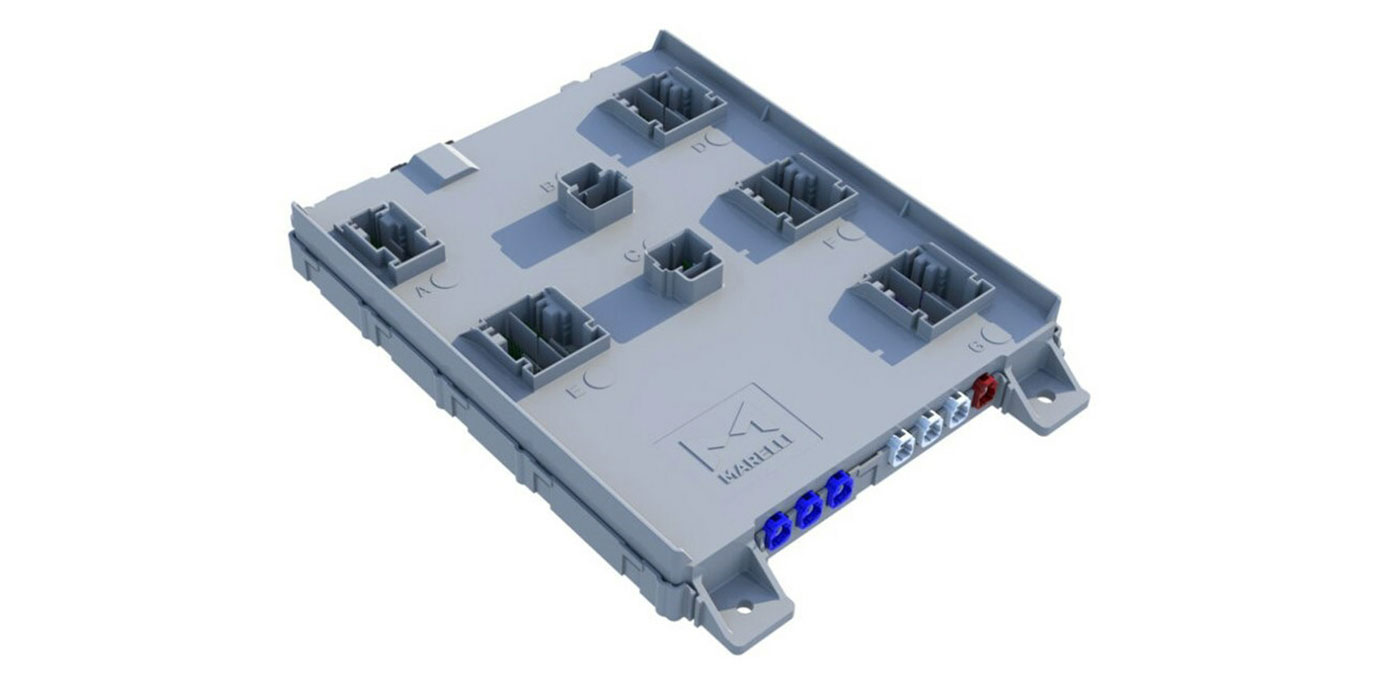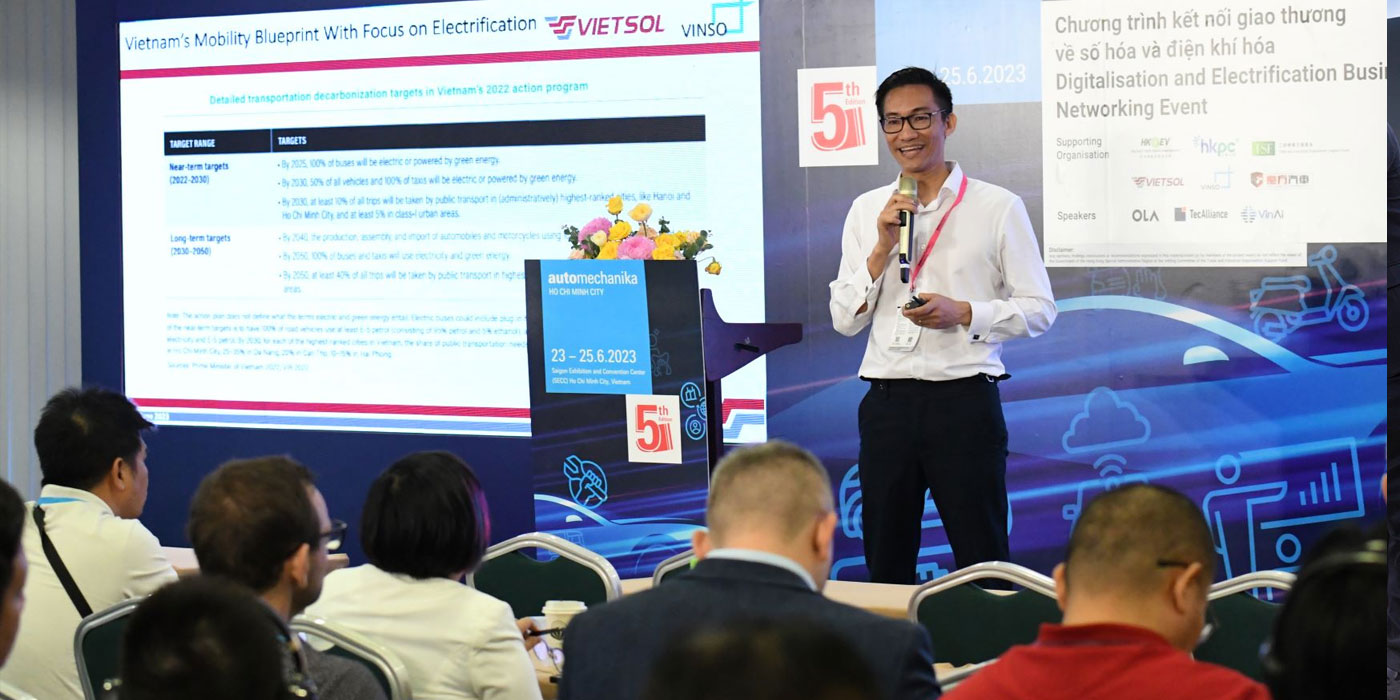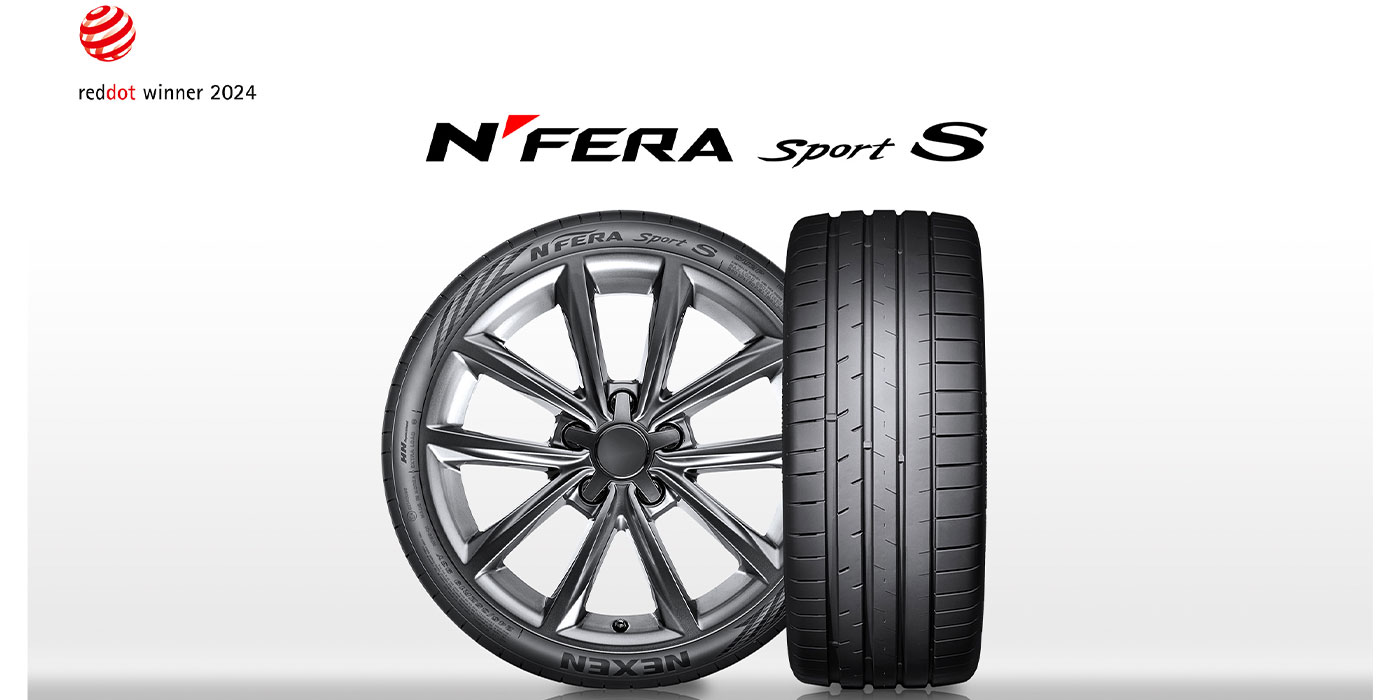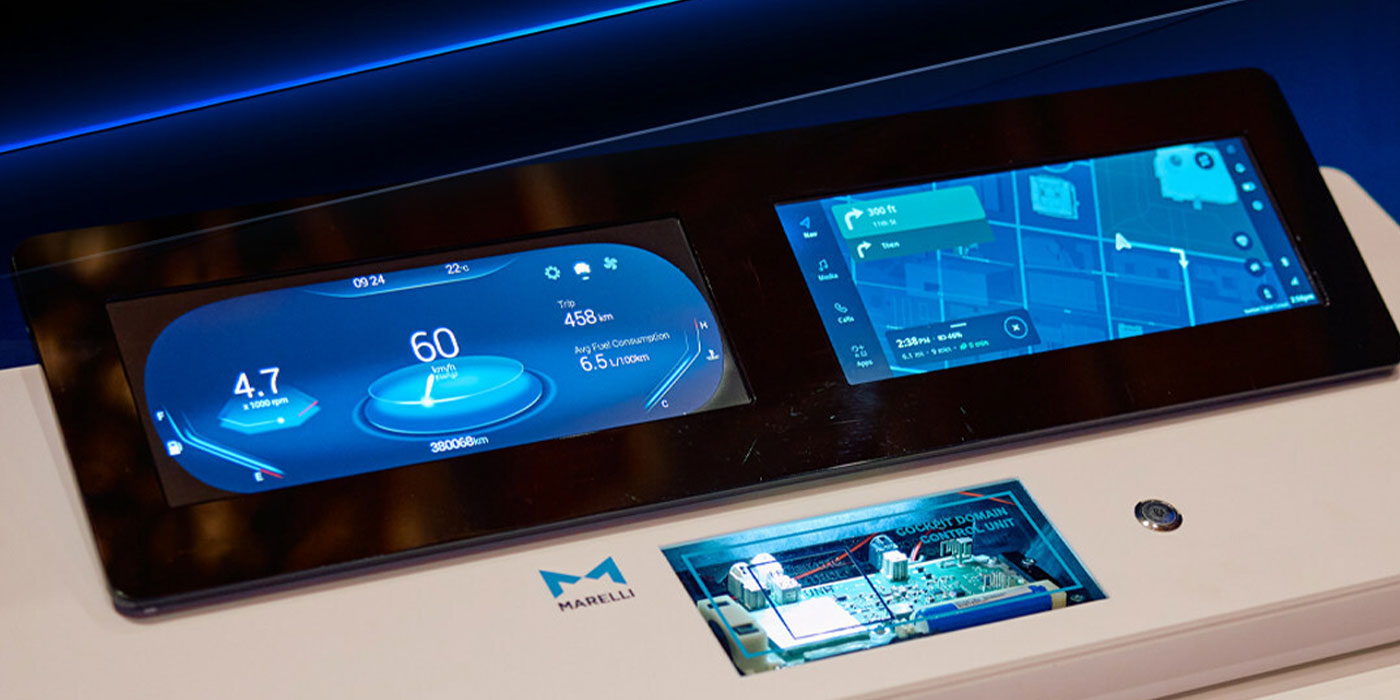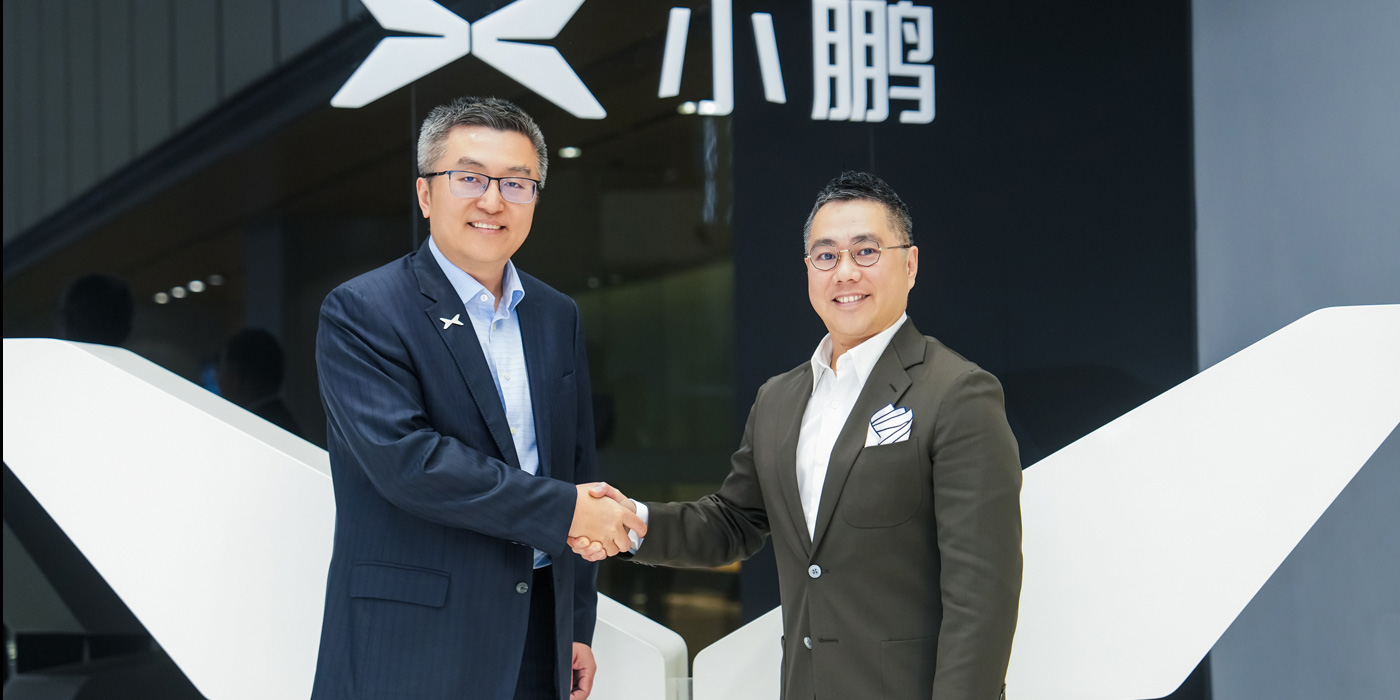Consumers in China are less enthusiastic than their counterparts in the United States about the prospect of an autonomous vehicle future, according to J.D. Power and Tencent Auto. Their joint research was presented on April 23 at the Tencent “X Era” Automobile Summit. Drawing on a survey of approximately 5,000 consumers in China, J.D. Power finds that just 9 percent are very positive on the prospect of unmanned mobility, roughly half the number of positive responses seen among U.S. consumers.
 The research results, presented by Geoff Broderick, J.D. Power vice president and general manager of Asia-Pacific automotive operations, illustrate the unique preferences of auto consumers in China. Among the key findings, significant differences between Chinese and U.S. consumers are found in the preferences for autonomous driving technology, fuel efficiency and overall feature cost.
The research results, presented by Geoff Broderick, J.D. Power vice president and general manager of Asia-Pacific automotive operations, illustrate the unique preferences of auto consumers in China. Among the key findings, significant differences between Chinese and U.S. consumers are found in the preferences for autonomous driving technology, fuel efficiency and overall feature cost.
Chen Juhong, vice president of Tencent, said consumers are demanding technology in their vehicles. This demand will foster the development of a number of new high-tech features that are in, or coming soon to the Chinese market. These technologies are paving the way toward autonomous vehicles.
“China is the world’s largest automotive market and traffic jams are a fact of daily life, but the number of motor vehicles per 1,000 people is still only a fraction of that in the United States and other developed markets,” said Broderick. “Driving in China is still a novelty and serves as a kind of socio-economic status symbol of having arrived. As the market matures, consumers in China are rapidly becoming exceptionally discerning and are seeking value when considering technology and other features. This creates a unique set of preferences that are important for manufacturers to understand.”
Following are the key findings in the J.D. Power presentation:
- Consumer interest in autonomous vehicle tech lags: just 9 percent of consumers in China are very interested in self-driving vehicles, compared with 18 percent in the United States.
- Energy efficiency less of a priority: Unlike the U.S. market, where fuel efficiency consistently ranks among the top purchase reasons, consumers in China rate energy efficiency-related features near the bottom of their priority list. Three of the 10 least desired features among Chinese consumers are related to fuel efficiency.
- Feature cost is more elastic in the Chinese market: Consumers in China are less likely to be influenced by cost when selecting vehicle features. The average cost of the top 10 features selected by Chinese consumers is $1,225 USD vs. just $775 USD in the U.S. market.
- Low interest in co-ownership: While consumers in China are generally positive toward the concept of mobility-on-demand, just 4 percent of those surveyed say they are interested in the concept of co-ownership, suggesting that vehicle ownership continues to be a major priority for these consumers.
- Male vs. female preferences differ: The top three technology features selected more frequently by men than women in China are drowsiness detection systems, pillar transparency technology and automatic lane keeping. Among women, the top features selected more often than by men are dash-mounted cameras, smart parking assist and remote control parking.
Data for the presentation was derived from the J.D. Power Pulse Survey, a rapid response-style consumer preference survey designed to quickly take the pulse of consumers on topical issues. The figures in this survey were based on 4,963 participants interviewed between March 23 and April 9, 2016, on the Tencent website and WeChat platforms.
Learn more about J.D. Power automotive studies at jdpower.com/cars.




